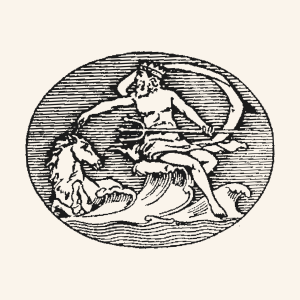South Korean president vows to ‘never give up’ after impeachment vote
South Korean President Yoon Suk Yeol has pledged to "never give up" following his impeachment by the country’s national assembly on Saturday.
In a televised address, Yoon described the impeachment as a "temporary pause" and expressed frustration over the possibility that his efforts as president could be undone. "Though I am pausing for now, the journey toward the future that I have walked with the people over the past two and a half years must never stop," he stated.
The national assembly voted 204 to 85 in favor of impeachment, suspending Yoon from his duties and transferring his authority to Prime Minister Han Duck-soo on an interim basis. The constitutional court will now decide whether to uphold Yoon’s removal, a process that could take up to six months. If the court confirms his dismissal, a presidential election will be held within 60 days.
Prime Minister Han acknowledged the gravity of the situation, telling reporters, "My heart is very heavy," while vowing to maintain stable governance during this transitional period.
The impeachment required a two-thirds majority in the 300-seat legislature. Opposition parties, with a combined 192 seats, needed just eight lawmakers from Yoon’s People Power Party (PPP) to secure the necessary votes. Although the PPP officially opposed impeachment, its leader, Han Dong-hoon, encouraged members to vote with their conscience. The vote was conducted by secret ballot, with all 300 lawmakers participating. Three abstained, and eight ballots were deemed invalid.
Yoon’s position weakened after he delivered a combative speech on Thursday, denouncing his critics and pledging to "fight to the end." This shift in rhetoric alienated even members of his own party.
Park Chan-dae, floor leader of the main opposition Democratic Party of Korea (DPK), argued that the impeachment was essential to safeguard constitutional order. "The National Assembly must suspend his duties using the powers granted by the constitution," Park said before the vote. "This is the quickest and most orderly way to resolve the situation."
The decision was met with cheers from tens of thousands of demonstrators gathered outside the parliament building in Seoul. "I am so happy right now, but this is just the beginning," said Seo Mi-ju, a protester and educator. "I will fight to the end until he is arrested and punished."
Simon Henderson, deputy director for Asia at Human Rights Watch, noted that Yoon’s impeachment underscores how close South Korea came to a constitutional crisis. "This serves as a reminder of the country’s dark history of military dictatorship," he said. "The people of South Korea and their lawmakers have fought to protect democracy and human rights."
Yoon’s impeachment stems from allegations that he attempted to deploy troops to prevent lawmakers from voting against his decree to impose military rule. Some critics have called for Prime Minister Han to also face impeachment due to his involvement in the episode.
The turmoil marks the first impeachment of a South Korean president since Park Geun-hye, who was removed in 2017 following a corruption scandal that sparked mass protests. Observers believe the vote is unlikely to end the country’s political instability.


